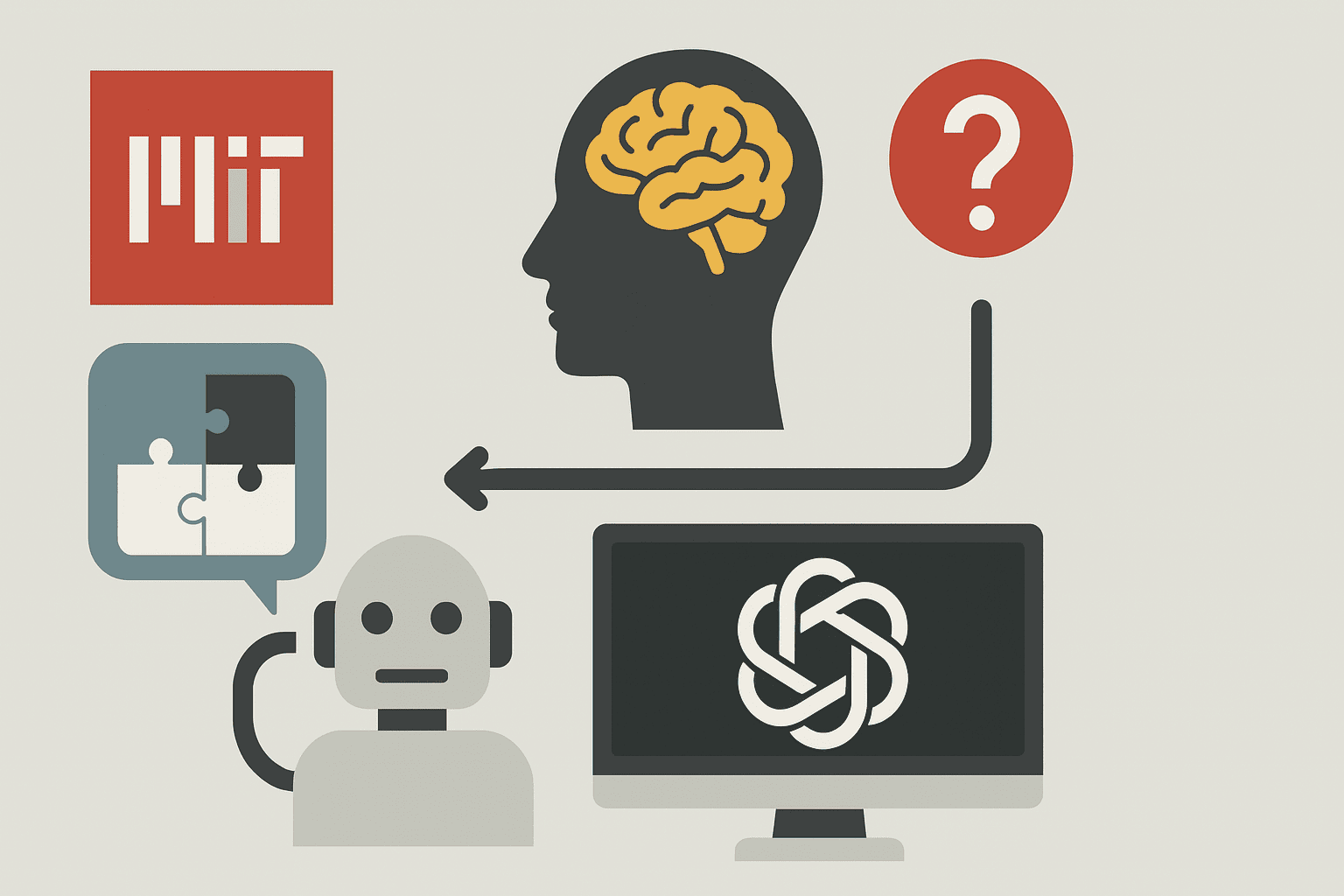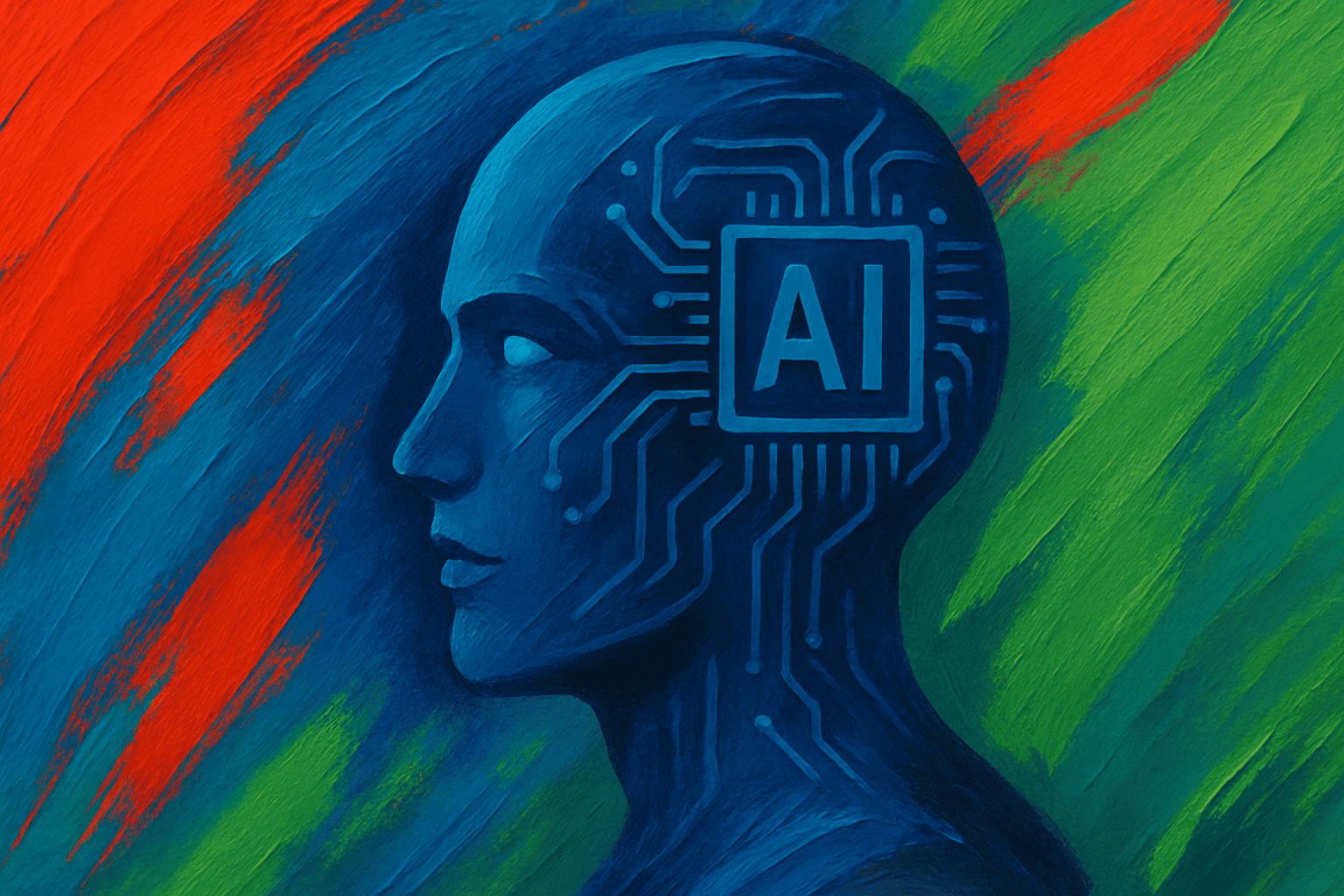In the summer of 2023, prompted by MIT President Sally Kornbluth and Provost Cynthia Barnhart, a call for research on generative AI yielded an impressive 75 proposals, with 27 receiving initial seed funding. Encouraged by this response, a second call was issued, resulting in 16 interdisciplinary teams from across MIT’s schools, including the MIT Schwarzman College of Computing, being selected for further exploratory funding.
“The groundswell of interest and the caliber of the ideas overall made clear that a second round was in order,” they stated in their fall email to the MIT research community. The second call for proposals attracted 53 submissions.
These teams, tasked with examining generative AI’s wide-ranging impacts and applications, will each develop detailed impact papers with funding between $50,000 and $70,000, supported in part by Thomas Tull from the School of Engineering Dean’s Advisory Council. The completed papers are set to be published by the MIT Press, ensuring broad dissemination of their findings.
The chosen papers are as follows:
- “A Road-map for End-to-end Privacy and Verifiability in Generative AI,” led by Alex Pentland, Srini Devadas, Lalana Kagal, and Vinod Vaikuntanathan;
- “A Virtuous Cycle: Generative AI and Discovery in the Physical Sciences,” led by Philip Harris and Phiala Shanahan;
- “Artificial Cambrian Intelligence: Generating New Forms of Visual Intelligence,” led by Ramesh Raskar and Tomaso A. Poggio;
- “Artificial Fictions and the Value of AI-Generated Art,” led by Justin Khoo;
- “GenAI for Improving Human-to-human Interactions with a Focus on Negotiations,” led by Lawrence Susskind and Samuel Dinnar;
- “Generative AI as a New Applications Platform and Ecosystem,” led by Michael Cusumano;
- “Generative AI for Cities: A Civic Engagement Playbook,” led by Sarah Williams, Sara Beery, and Eden Medina;
- “Generative AI for Textile Engineering: Advanced Materials from Heritage Lace Craft,” led by Svetlana V. Boriskina;
- “Generative AI Impact for Biomedical Innovation and Drug Discovery,” led by Manolis Kellis, Brad Pentelute, and Marinka Zitnik;
- “Impact of Generative AI on the Creative Economy,” led by Ashia Wilson and Dylan Hadfield-Menell;
- “Redefining Virtuosity: The Role of Generative AI in Live Music Performances,” led by Joseph A. Paradiso and Eran Egozy;
- “Reflection-based Learning with Generative AI,” led by Stefanie Mueller;
- “Robust and Reliable Systems for Generative AI,” led by Shafi Goldwasser, Yael Kalai, and Vinod Vaikuntanathan;
- “Supporting the Aging Population with Generative AI,” led by Pattie Maes;
- “The Science of Language in the Era of Generative AI,” led by Danny Fox, Yoon Kim, and Roger Levy; and
- “Visual Artists, Technological Shock, and Generative AI,” led by Caroline Jones and Huma Gupta.






